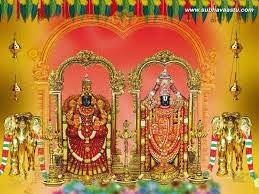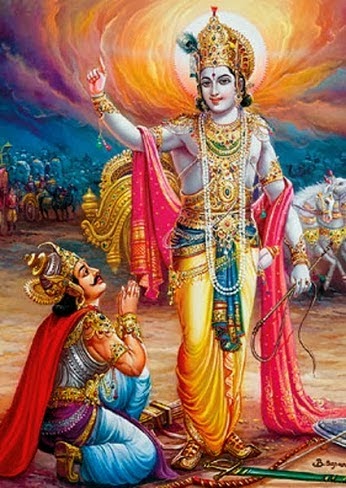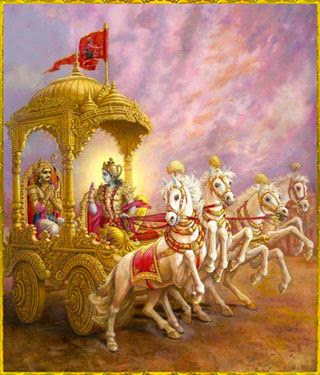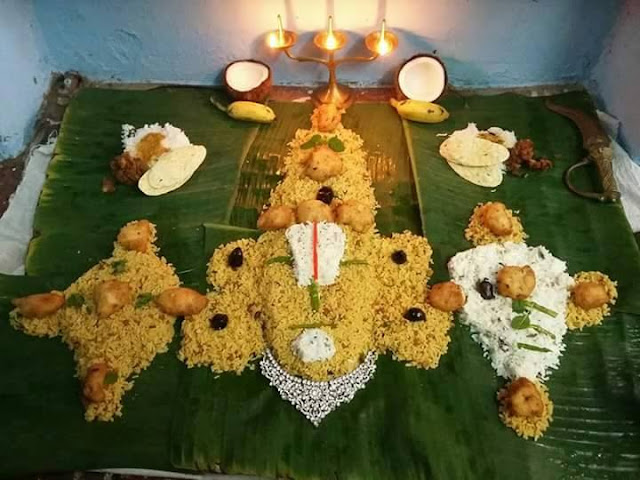Gita : Ch-9. Slo-25.

VERY IMPORTANT UNDERSTAND WELL. Srimad Bhagavad-Gita: Chapter-9. ( Raja-vidya-raja-guhya-yogam ). Slokam-25. This slokam : Explains- While meditating on Paramatma - The result arrived- because of 'Bhavana-bhedham" ( the difference/ gap/ separation/distance, in the meditator's mind's experiences). Yanti devavrata devan pitrun yanti pitruvratah, Buthani yanti butegyah yanti madyaginopi mam. devavratah = one who devote Deva, devan yanti = attain Deva; pitruvratah = one who devote Pitrus ( Ancestors), pitrun yanti = attain Pitrus; butegyah = one who devote Budhas ( Elements ), buthani yanti = attain Buthas; madyaginah = one devote me( Lord/ Paramatma), mam api yanti = attain me ( Paramatma /Infinite/Eternal ). It is law...












